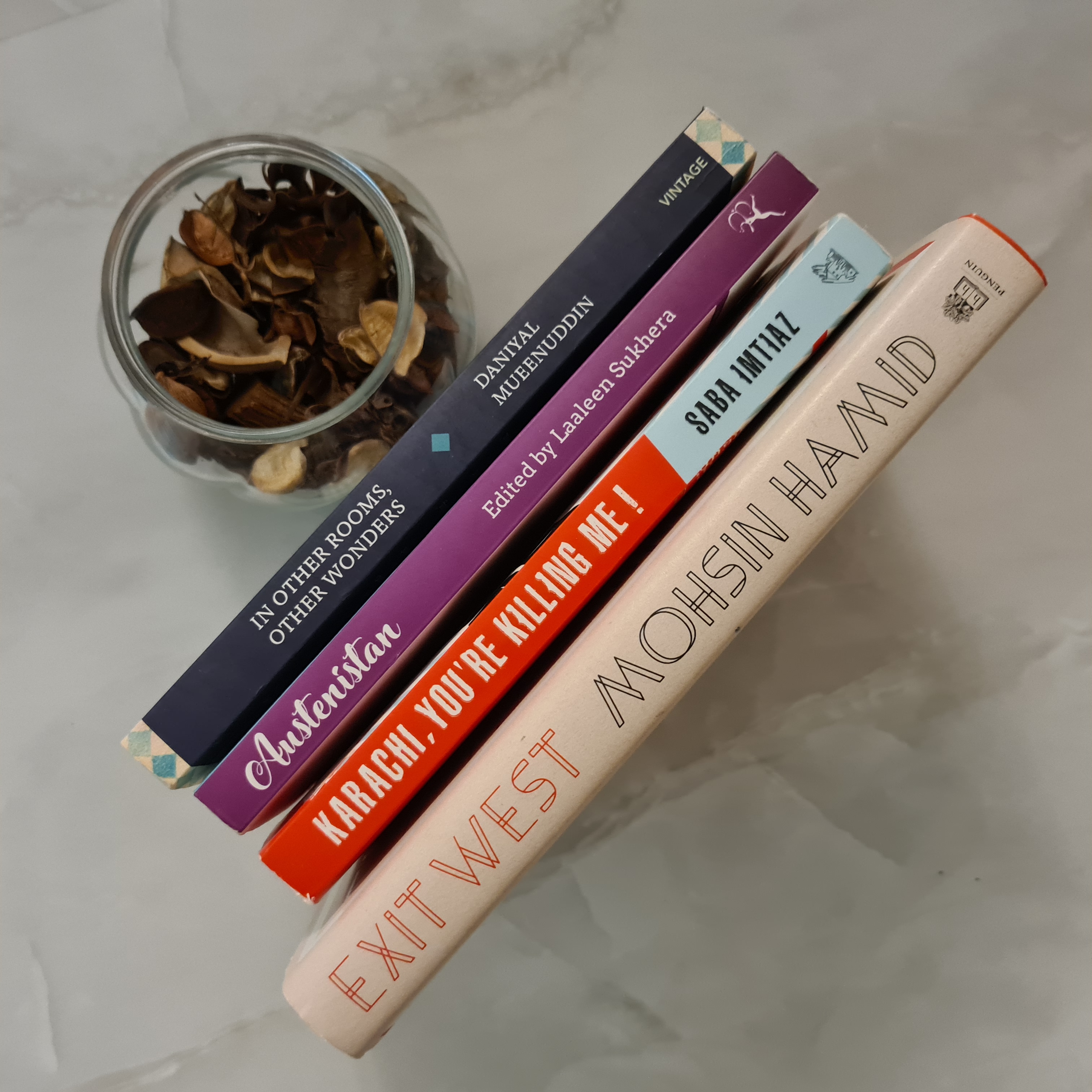Sunday Pet Peeve: The Pakistani Stereotype
Last week I read a book by a well known Pakistani author. I was looking forward to reading it, the author being someone I really admire in real life. As I delved deeper into the book, I couldn’t help but be disappointed. On the surface, there wasn’t anything wrong with the story or the characters, yet something kept nagging at me. After a while I realized what it was that was bothering me so much. It is the same thing that I have encountered time and again in many books, some of which have been popular worldwide: Stereotype.
When you’re reading about a place close to your heart, or about people like you or like someone you know, you become sensitive to the smallest of details and nuances. You start seeing discrepancies and false facts, sometimes exaggerations and even blatant lies. Ideally it shouldn’t matter too much. Everyone has the right to put their original thoughts on paper, and the world can go hang! Sometimes, however, it is not so easy to overlook this perpetuation of stereotype.
My problem has never been with the stories or the actual things happening in these books. My beef is with authors who seem to be writing things that they have no idea about. It shows lack of proper research and lazy editing.
Many people accused me of being oblivious to the multitude of sins this city hides, when I criticized Karachi, You’re Killing Me. It makes Karachi seem like a city of drug filled parties and sex and booze. I have always considered Moth Smoke an amazing book, and that whole book is about drugs, parties and all such. While one paints the 20-somethings of the whole city with the same brush, the second one makes it clear that it is talking about one segment of the city. And this is where the difference lies.
When you read The Party Worker, you will see the political under belly of this very city. A city where drugs, alcohol, sex and murder are rampant and unapologetic. Yet you will never think that this is all that Karachi has to offer. It is not the story, the characters or their actions that are problematic, it is the way they are presented in the text. Any metropolitan city in the world has many shades, no one can claim to know all of them. The least a writer can do is realize that what they’re writing does not represent the city as a whole. It is but a subset that the writer has had experience with.
Then there is the Urdu in these books. With the example of so many Hollywood Movies and TV shows getting the language wrong, one would expect the local writers to put a little more effort in using proper Urdu words wherever necessary. There have been countless instances where the word used has been correct, but its tense or form is wrong. To a person who knows the language, this just seems like sloppy writing.
In my opinion, this has mainly to do with the fact that most of our English writers are not very proficient with their mother tongue. They come from a certain educational background which makes them unaware of what they are doing wrong. This is what editors are for. Unfortunately, foreign publishing houses and editors take it for granted that the writer would know their own language. They don’t realize that knowing how to speak a language doesn’t automatically make you an expert at it.
It is unfortunate that we as a nation don’t own our language, and that it is Urdu that is a foreign language for us. The disparity in our education system is such that it is difficult to find writers proficient in both languages. Educational institutions that give importance to one and ignore the other, leading to this unfortunate result.
Now I come to the problem with how Muslims are depicted in books. I am so tired of reading the same depictions of Muslim, either religious fanatics or complete liberals. It is time to move on from the Bollywood stereotype of topi-wearing, checkered handkerchief-carrying men, with eyes full of kajal, and mouths full of Astaghfirullahs! The world happens to be full of Muslims who are not at either extreme. It seems like most writers are trying to pander to a set narrative. They are writing that which appeals to the western audience. And when you write to please someone other than yourself, it shows in your writing.
I wanted to write about all the books that I find problematic in this sense. However, I’d rather talk about books like A Place For Us and The Family Tree. Books that show the face of millions of Muslims living all over the world not up in arms or drowned in alcohol. Again, I’m not denying the existence of militants or people who have turned away from religion. But in all fairness, it is absurd to stereotype all Muslims and make it seem that these are the only ones left on this earth.
While I can rant and rave about the injustice of misrepresentation for hours, I think I should stop here. This blog is just a way for me to let out some steam. It is in no way meant to offend or please anyone. I write my thoughts without censoring them (much!) So, that’s all for today. Until next time.

